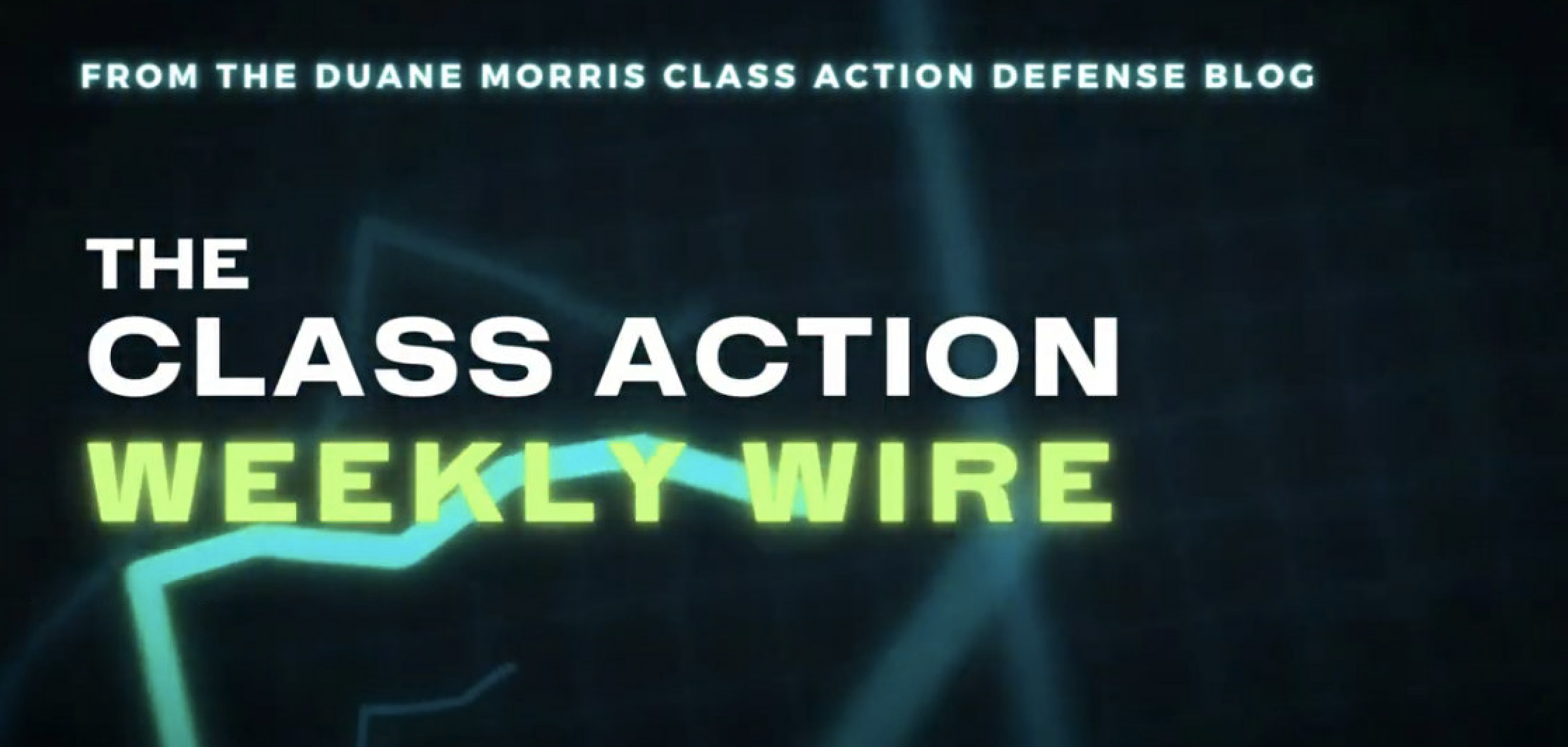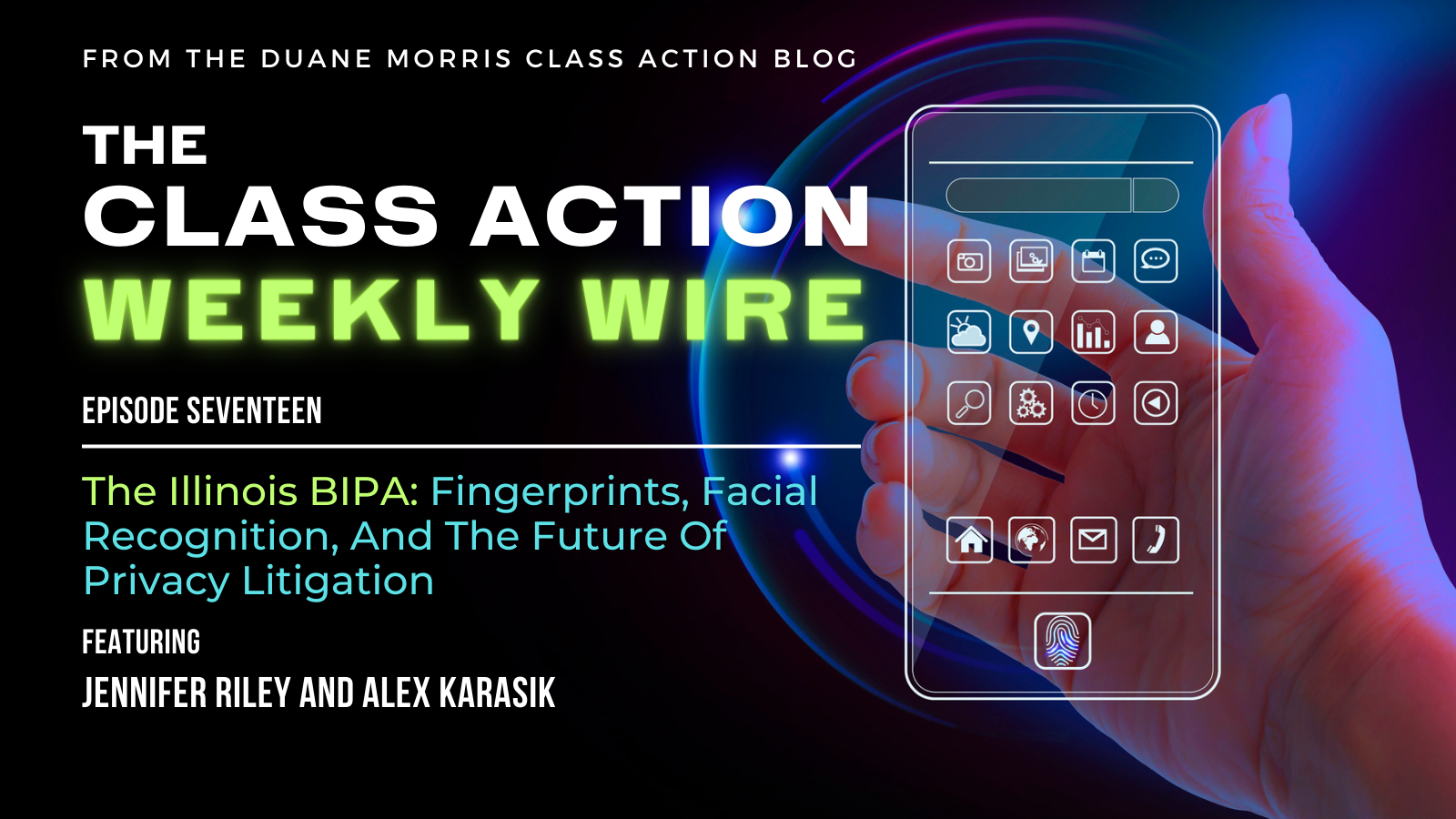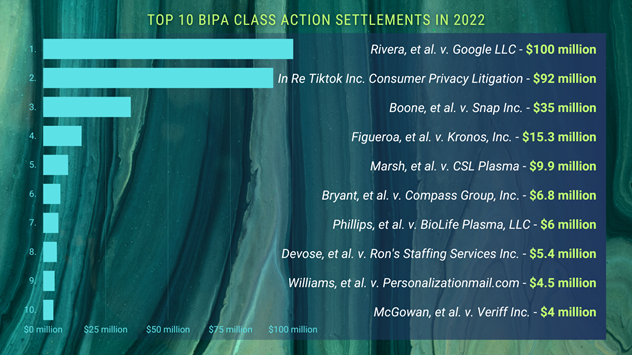 By Gerald L. Maatman, Jr., Emilee N. Crowther, and George J. Schaller
By Gerald L. Maatman, Jr., Emilee N. Crowther, and George J. Schaller
Duane Morris Takeaways: In Vines et al. v. Welspun Pipes, Inc., et al.., No. 21-3537, 2023 U.S. App. LEXIS 16425 (8th Cir. June 29, 2023), the Eighth Circuit affirmed a district court’s ruling in approving a settlement of an underlying class and collective action that reduced an attorneys’ fee award to $500. The Eight Circuit determined that the district court did not abuse its discretion when it reduced the fee award on the basis that plaintiffs were not a “prevailing party” on appeal.
For employers facing wage & claims under the Fair Labor Standards Act and state law related wage-claims, this decision is instructive in terms of what reviewing courts will consider for attorney’s fee awards, particularly where a party’s conduct may be considered unprofessional and/or abusive.
Case Background
In the underlying case, Vines I, Anthony Vines and Dominique Lewis (collectively “Plaintiffs”) brought a class and collective action against Defendants, Welspun Pipes Inc., Welspun Tubular LLC, and Welspun USA, Inc. (collectively “Welspun” or “Defendants”), under the Fair Labor Standards Act (“FLSA”) and the Arkansas Minimum Wage Act (AMWA). Id. at 1-2. Ultimately, the district court approved a settlement of the case. Id. at 2.
After approval of the settlement, Plaintiffs’ counsel moved for an award of attorneys’ fees and costs. Id. Plaintiffs sought $96,000 in attorneys’ fees following the $270,000 settlement deal. The district court rejected the request. It found significant that Plaintiffs’ law firm assigned 17 lawyers, plus staffers, to watch the district court deemed a “run-of-the-mill” FLSA case, saying such cases were not intended to be “conduits for funneling unearned fees into lawyers’ pockets.” Id. As a result, the district court partially granted the motion, awarding $1.00 in fees to the plaintiffs because of the billing practices of their law firm, Sanford Law Firm, PLLC (“SLF”). Id. Alternatively, the district court noted that it would award $25,000 in fees if $1.00 was improper. Id. Plaintiffs’ appealed the district court’s decision.
On appeal, the Eighth Circuit “vacated the award of attorneys’ fees,” “[b]ecause the record contained no lodestar calculation.” Id. The Eighth Circuit remanded the case for the “lodestar calculation” and expressly noted the district court had discretion “to consider. . . the party’s unprofessional conduct in the case,” for purposes of reducing any award of attorneys’ fee. Id. at 2.
On remand, the district court calculated a lodestar of $14,056.50. Id. However, relative to the award of attorneys’ fees, the district reduced the award to $500 “based on the SLF’s egregious conduct.” Id. The district court opined that the reduction was proper for “a multitude of reasons” including “SLF’s rejection of a ‘substantial settlement offer,’ ‘an unearned fee demand,’ and ‘deterrence for [SLF’s] unprofessional conduct.’” Id.
In response, Plaintiffs’ moved to amend the judgment and for leave to file a supplemental petition for costs and fees. Id. The district court denied Plaintiffs motion on the grounds that “[Plaintiffs] were not a prevailing party on appeal ‘because there [had] been no definitive ruling on the fees award and all [p]laintiffs’ other claims for relief were unequivocally rejected by the Eighth Circuit.” Id. at 3.
Plaintiffs appealed the attorneys’ fees award a second time. Id. In addition, the Plaintiffs’ counsel argued the district court’s decision was erroneous for: (i) “award[ing] a fee amount … not based on the lodestar calculation”; (ii) “us[ing] the FLSA’s statutory fee award as a vehicle for sanctions”; (iii) “fail[ing] to provide [them] with notice and an opportunity to respond prior to entering sanctions”; and (iv) “f[inding] that [they] were not prevailing parties and refus[ing] to award any fees related to the appeal.” Id.
The Eighth Circuit’s Decision
The Eighth Circuit affirmed the judgment of the district court in the second appeal. It found no abuse of discretion in the district court’s award of $500.00 in attorneys’ fees. Id. The Eighth Circuit held that the district court complied with its directive on calculating the award of attorneys’ fees and lodestar reduction by “provid[ing] ample justification” based on “SLF’s unprofessional conduct.” Id. The Eighth Circuit reasoned that “[t]he trial court knows the case best. It knows what the lawyers have done, and how well they have done it. It knows what these efforts are worth.” Id.
The Eighth Circuit also rejected Plaintiffs’ argument that the district court erred in determining Plaintiffs “[were] not prevailing parties.” Id. The Eighth Circuit acknowledged the FLSA “allow[s] a reasonable attorney’s fee to be paid by the defendant, and costs of the action,” in addition to any judgment to the plaintiff. Id. at 4. But, “[i]n general, if a plaintiff prevails in the district court, but then seeks and fails to obtain greater relief on appeal, he or she ‘will be hard pressed to demonstrate an entitlement to . . . attorney’s fees on appeal.’” Id.
The Eighth Circuit held that Plaintiffs “did not obtain the ‘greater relief on appeal’ that they sought in Vines I and therefore were not prevailing parties. It rejected Plaintiffs’ argument “that the district court erred in denying the March 2020 motion for approval of settlement.” Id. Second, it also rejected Plaintiffs’ request to “reassign the case to a new district judge on remand.” Id.
For these reason, the Eighth Circuit affirmed the judgment of the district court.
Implications For Employers
The ruling of the Eighth Circuit is well worth a read by employers who are often confronted with settlement demands where counsel for employees seek hefty awards of attorneys’ fees far in excess of the value of their clients’ unpaid overtime.
Employers that are confronted with appeals of attorney’s fee awards, should take note that the Eighth Circuit in Vines relied heavily on the district court’s recitations of the procedural facts for its decision. Further, from a practical standpoint, employers should carefully evaluate attorney’s actions for misconduct during wage & hour settlements when an attorney’s fee award is requested.








